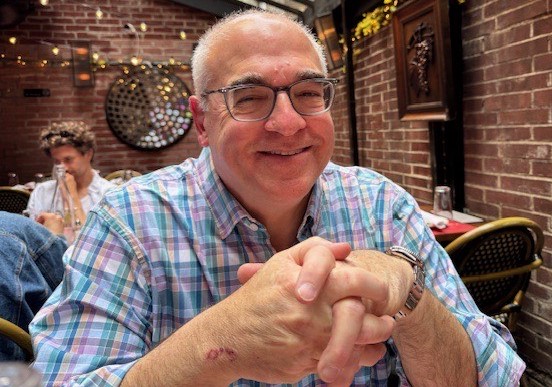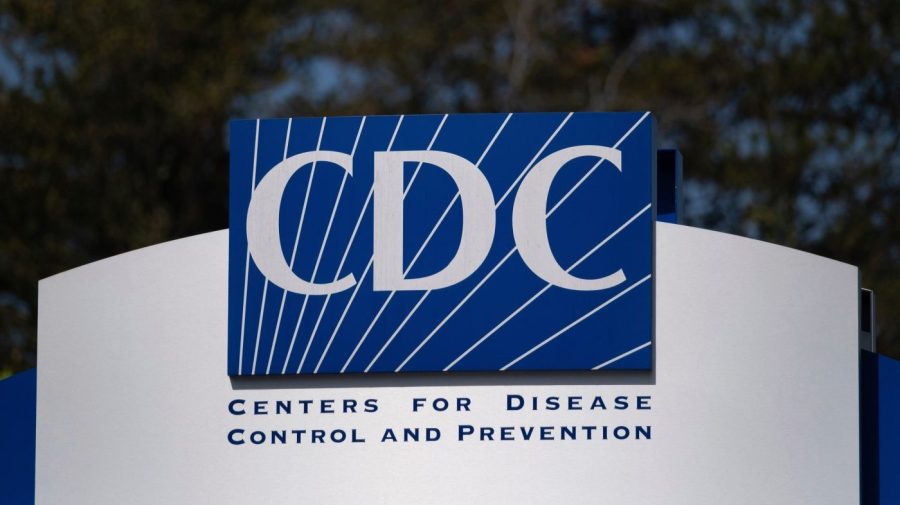A Connecticut man, Lee Ross, recently received a diagnosis of early onset Alzheimer’s disease after years of experiencing troubling symptoms. The 61-year-old attorney noticed difficulty in recalling words and completing sentences. His diagnosis, confirmed earlier this year through testing and brain scans, has prompted Ross to actively seek treatment options, including groundbreaking medications.
Ross, who has worked for the state judicial branch, began to notice changes in his memory over the past few years. “Given my background, I had been noticing for a couple years that I could not remember things like I used to,” he explained. He sought medical advice, dismissing initial suggestions of anxiety or sleep deprivation as the causes of his memory issues. Ultimately, he insisted on further testing until a definitive diagnosis was reached.
Diagnosed with Alzheimer’s, Ross learned that the disease involves the buildup of amyloid plaque in the brain, which disrupts neural connections and cognitive abilities. Following his diagnosis, he decided to retire from his role as legislative director, a position that required strong memory and reasoning skills.
“This was a difficult time for me,” Ross stated. “All of a sudden, I am an Alzheimer’s patient.” Despite the challenges, he quickly became aware of promising treatment advancements. One of these is the drug Leqembi, developed by Eisai in collaboration with Biogen. This medication is designed to slow the progression of Alzheimer’s by reducing the accumulation of amyloid proteins in the brain.
“I didn’t hesitate for a second,” Ross said regarding his decision to pursue treatment with Leqembi. “The benefits of this far, far outweigh the risks.” He expressed gratitude for the advancements in research that allow for such treatments, emphasizing the importance of taking control of one’s health.
While Leqembi presents potential risks, including symptoms such as headaches and confusion, Ross noted that he had experienced some side effects, including temporary brain swelling. Nevertheless, he resumed treatment, believing that the alternative was simply not viable.
Kristen Cusato, director of communications for the Alzheimer’s Association in Connecticut and Rhode Island, highlighted the significance of Leqembi as one of two FDA-approved drugs that can alter the course of the disease. “The plaque can start forming up to 20 years before symptoms,” she noted, emphasizing the potential for families to spend more time together if diagnosed early.
According to the Alzheimer’s Association, approximately 80,000 individuals in Connecticut live with Alzheimer’s, along with an equal number of caregivers. On a national scale, around 250,000 Americans are diagnosed with younger onset Alzheimer’s, defined as cases occurring before the age of 65.
Following his diagnosis, Ross has become an advocate for early testing and treatment. Cusato remarked on his proactive approach, stating, “Lee took himself to the doctor to get answers a lot of people don’t.” She urged others facing similar challenges to seek medical attention early, as there are numerous options available for those in the early stages of the disease.
The ongoing U.S. Pointer clinical trial further supports lifestyle changes that can enhance cognitive health for older adults at risk of decline. The trial indicates that interventions focusing on physical activity, nutrition, and cognitive challenges can yield beneficial results.
On October 19, 2023, Ross will lead a team for the Walk to End Alzheimer’s event in Greater Hartford. The site will open at 09:00, with a ceremonial Promise Garden at 10:00. Ross has actively sought donations and spoken out to raise awareness about Alzheimer’s and the importance of early diagnosis.
Reflecting on his experience, Ross expressed a desire to share his story to encourage others to seek testing. “I just felt, if I could do something, if I could maybe tell my story a bit, maybe they would think, ‘I should get some testing,’” he said.
While Ross has only been undergoing treatment for six months, he feels optimistic about his health. “I don’t seem to be getting any worse — that’s okay; I’ll take that,” he remarked. With a commitment to staying involved in community initiatives, he aims to contribute to the state dementia task force, further advocating for awareness and education surrounding Alzheimer’s disease.
For anyone concerned about Alzheimer’s or dementia, the Alzheimer’s Association offers a 24/7 helpline at 1-800-272-3900 and additional resources on their website at alz.org/ct.







